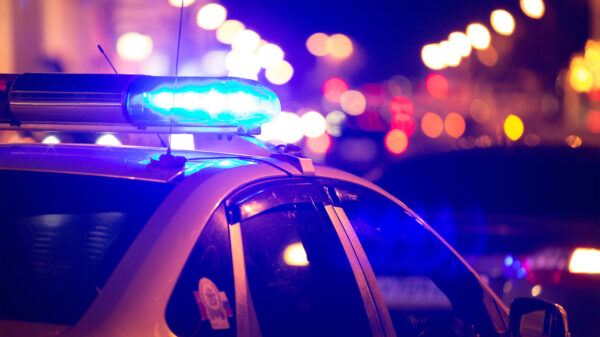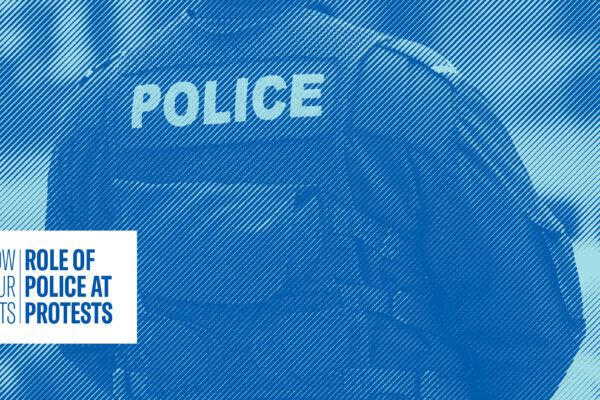The First Amendment protects your right to assemble and express your views through protest. Learn more here about what your rights are, how to exercise them, and what to do when your rights are violated. We want to be clear: The burden of de-escalation does not fall on private citizens – it falls on police officers. However, you cannot assume officers will behave in a way that protects your safety or that they will respect your rights even after you assert them. You may be able to reduce risk to yourself by staying calm and not exhibiting hostility toward the officers. The truth is that there are situations where people have done everything they could to put an officer at ease, yet still ended up injured or killed.
The resources on this site are meant to educate the public on legal rights in New Jersey. It is not legal advice and is not in any way intended to be a substitute for legal advice or representation. Information on this page may have changed since it was written. Attorneys consulting these resources should make certain the law is still valid.
Related Content

Know Before You Go: The Role of Police at Protests
Stay Informed
Sign up to be the first to hear about how to take action.
By completing this form, I agree to receive occasional emails per the terms of the ACLU’s privacy statement.
By completing this form, I agree to receive occasional emails per the terms of the ACLU’s privacy statement.

